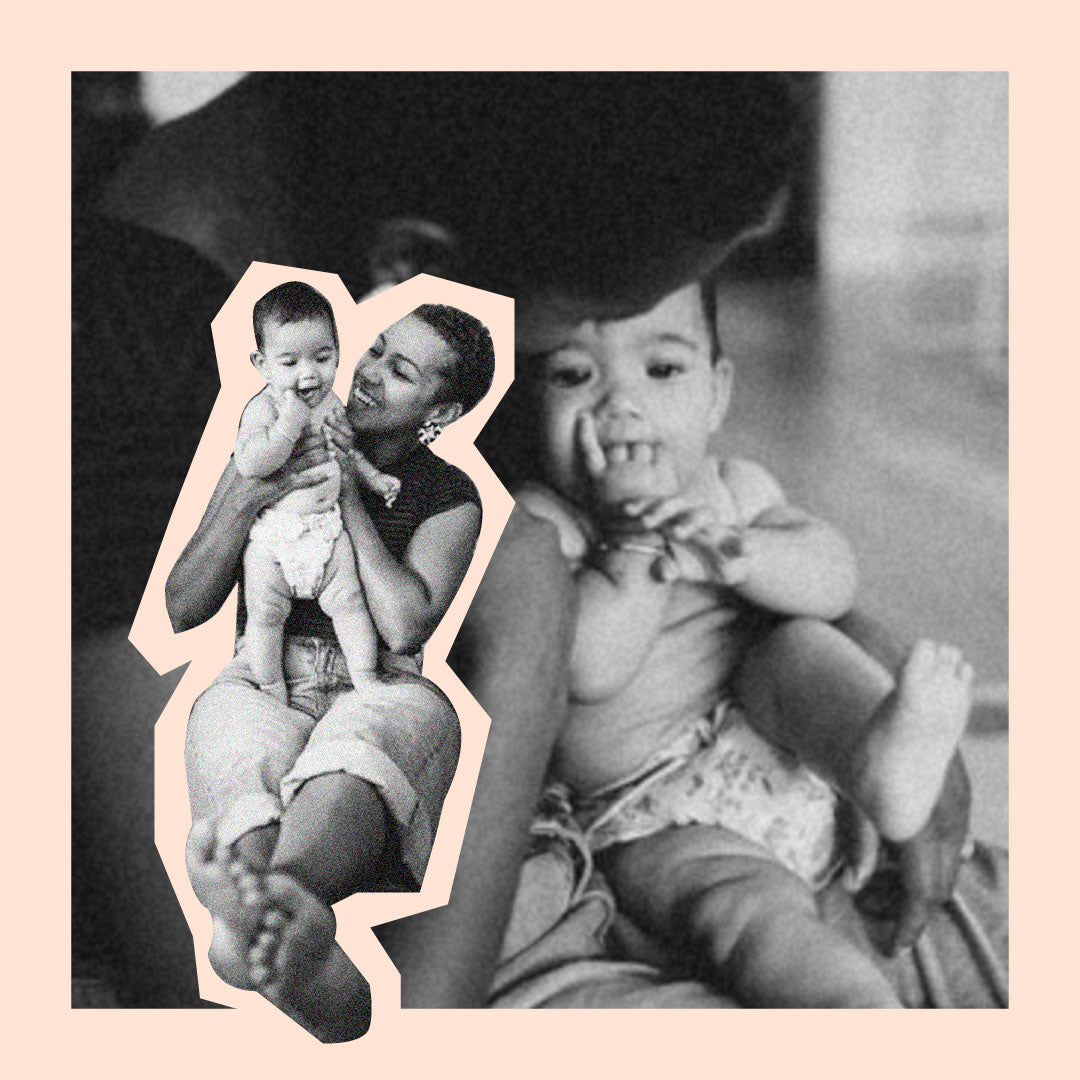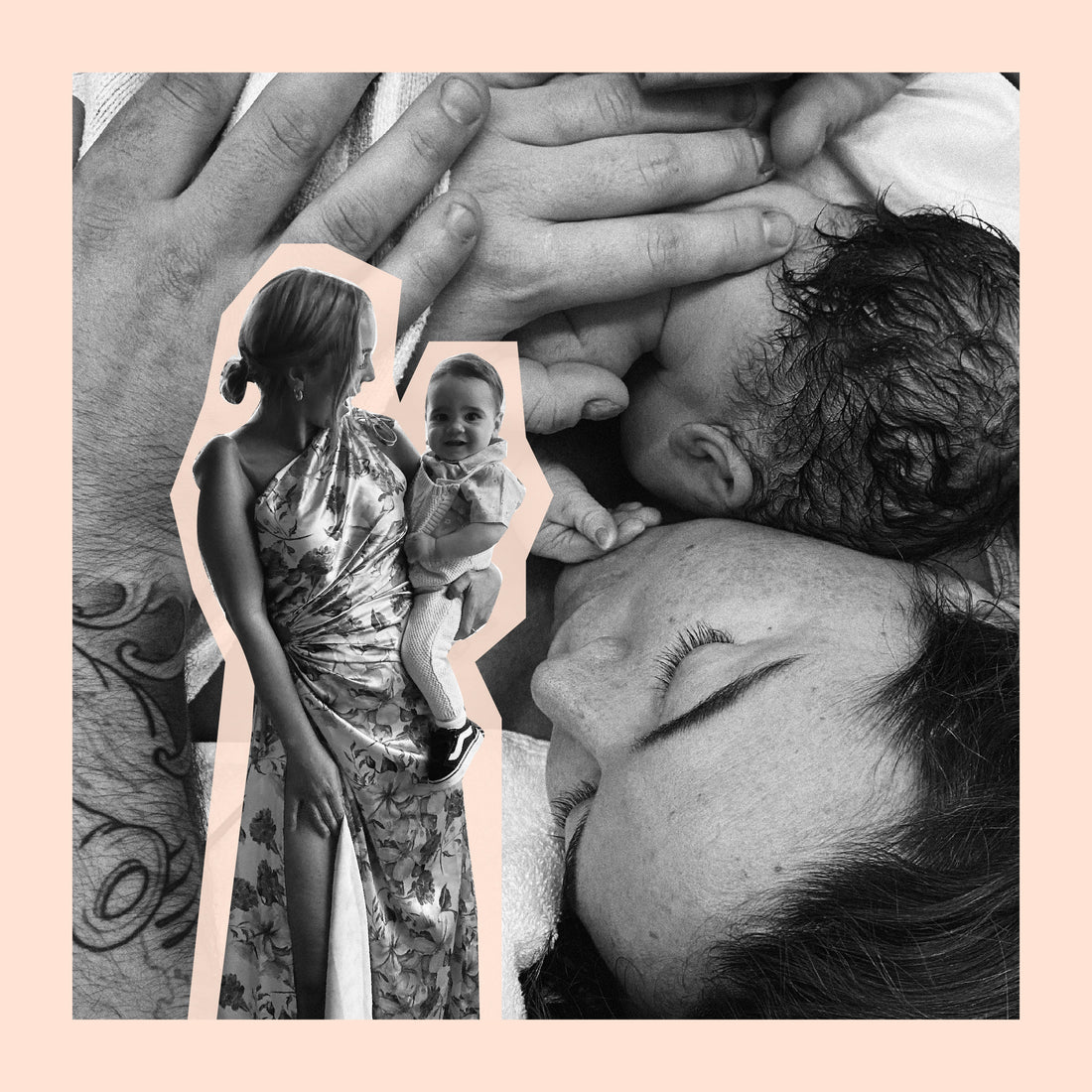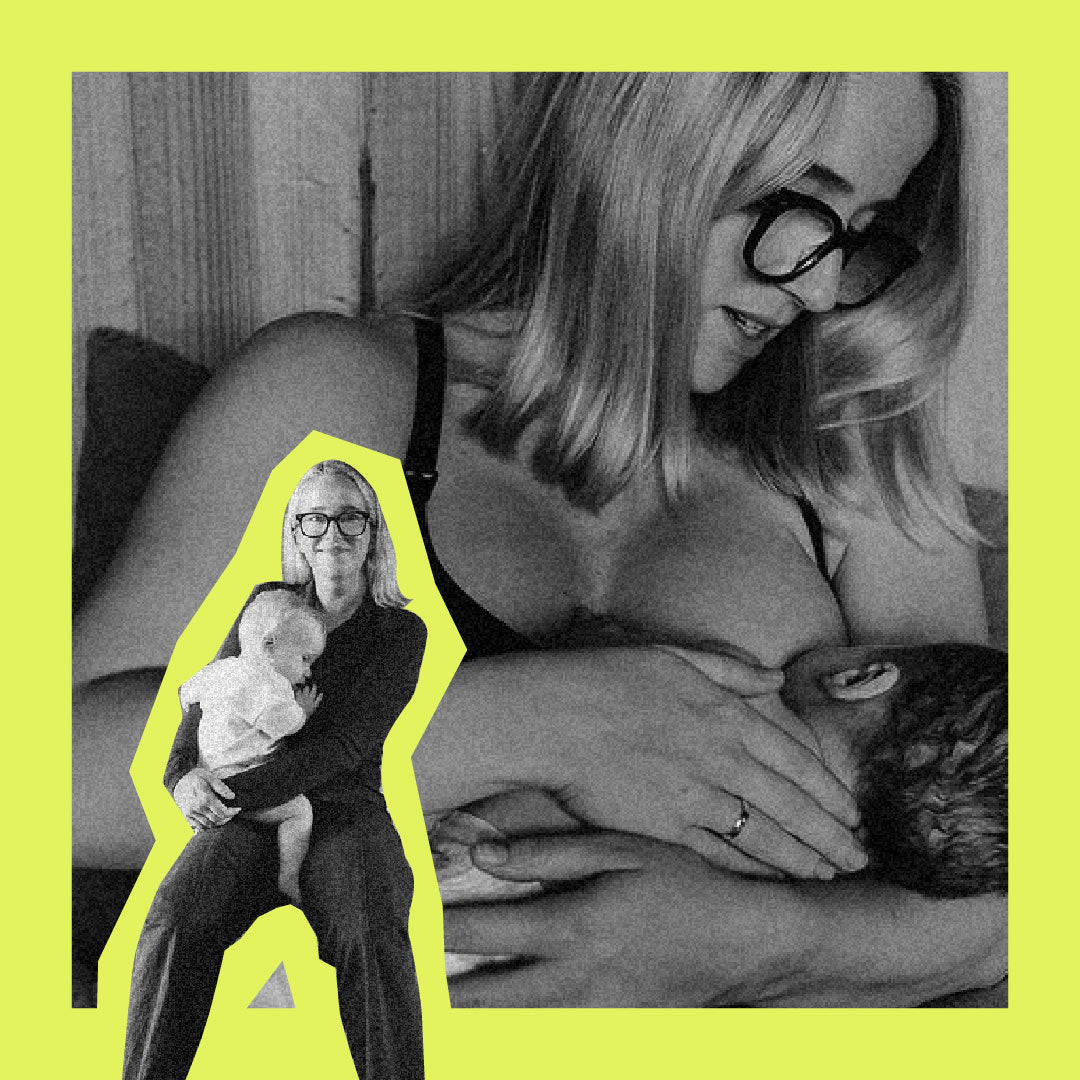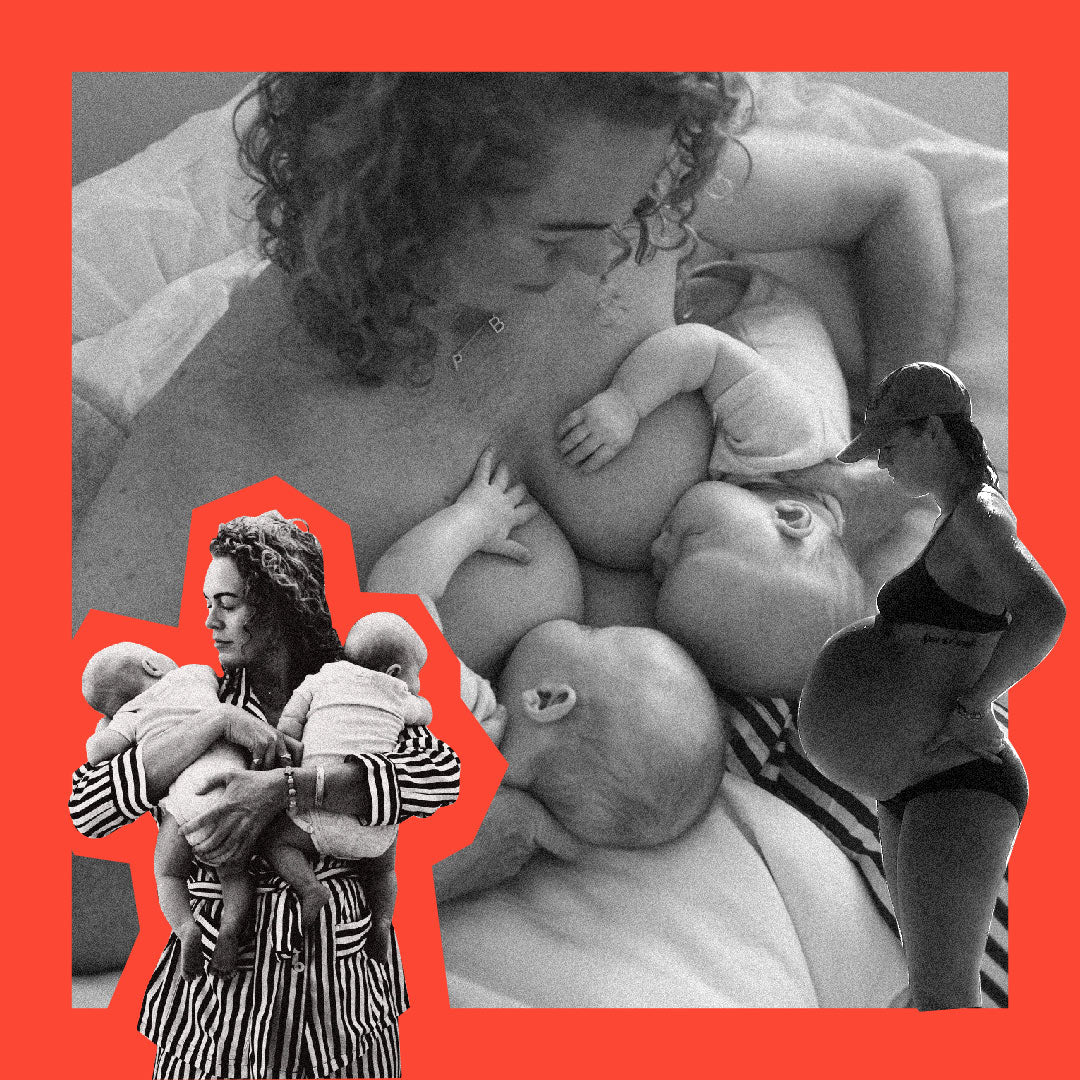In the very early season of motherhood my biggest challenge was actually my relationship with my husband. We moved into a new house six weeks after I gave birth and I really didn’t expect to feel so cast adrift from having a new home. What I didn’t realise I needed was all the things that made me feel safe and secure, and my old home (where my son was born) was one of those comforts. I was already feeling really destabilised by this new life and role, and not being in the cocoon of the home I knew so well compounded the stress that both my husband and I were under.
"Actually being present with all that emotion and learning how to self regulate my own nervous system became the biggest work of that time – and continues to be for me now"
As my children grew into toddlers, the challenges (unsurprisingly) changed. It became clearer and clearer to me as time passed that I really needed to do more inner work to deal with my own childhood history. Because, suddenly they had these wills and extreme expressions of their own emotions and actually being present with all that emotion and learning how to self regulate my own nervous system became the biggest work of that time – and continues to be for me now.
My experience growing up was that there wasn’t a safe space for me to have full emotional expression as a kid and there wasn’t a lot of me feeling seen or heard. So to be able to give that to my children, I’ve had to do a lot of inner work to really rewire and change the blueprint that I was given from my own childhood.




















